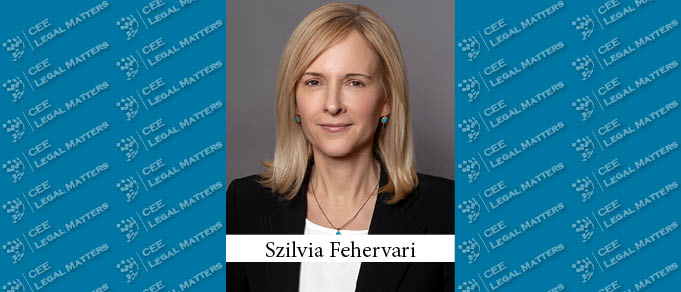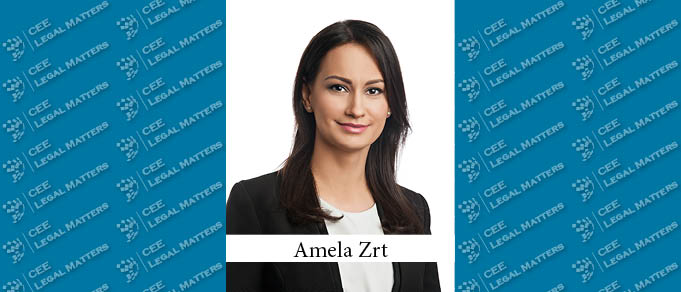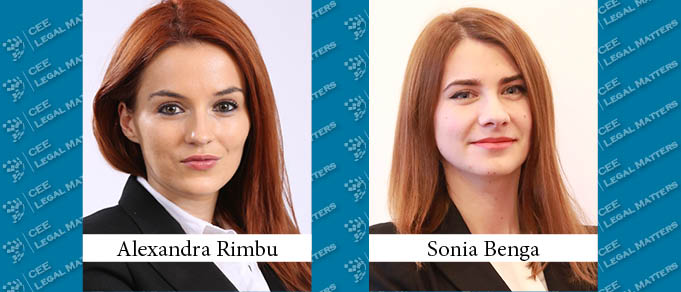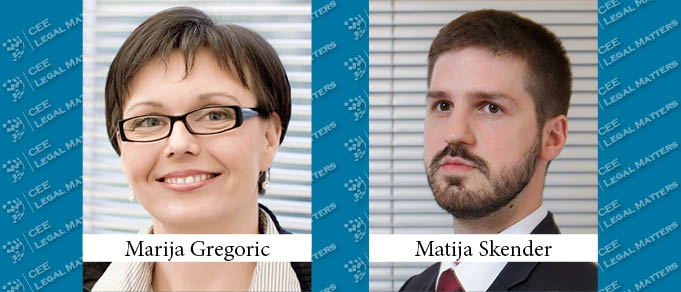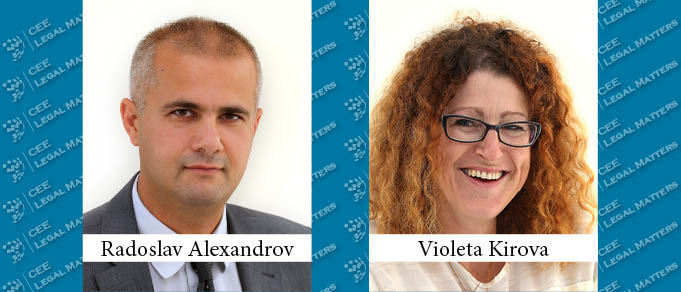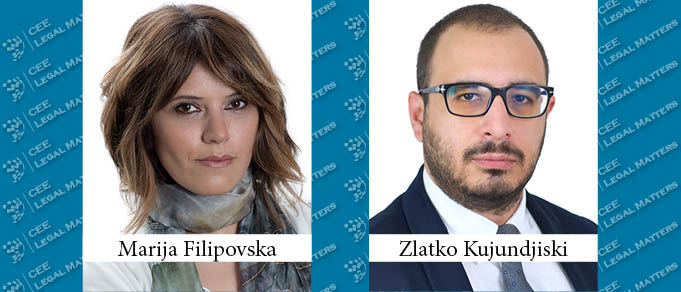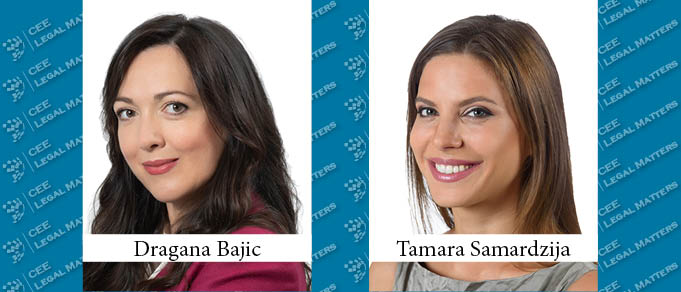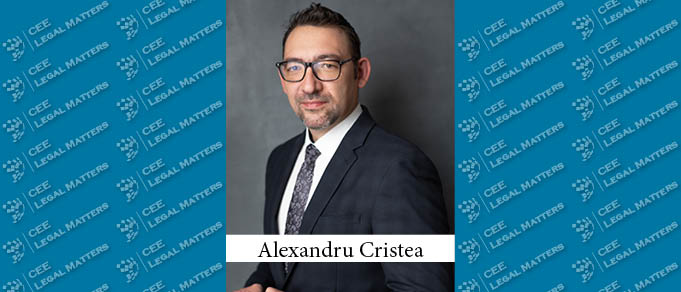Almost ten years ago, in 2012, major changes were introduced in Hungarian employment law, including a new Employment Code. The updated rules had a significant impact on market practice and, consequently, on the volume of employment litigation. The latter number was further influenced, however, by the new Code of Civil Procedure, which came into effect in January 2018. In this article, we offer insight and explanation for the possible causes of the decreasing number of employment lawsuits.
Slovenia: Spin-off Company Liable for Claims of Untransferred Employees?
Picture a situation where a company divests a part of its business to create a new company. Employees are transferred to the spin-off company too. Based on Article 75 of the Employment Relationship Act (ZDR-1), the provisions on the transfer of an undertaking (change of employer) then apply. The article governs the joint and several liability of both the transferor and transferee company; however, it limits liability solely to the claims of employees who were actually transferred.
Regulating the Romanian Gig Economy
Digitalization and technology have seen incredible evolutions over the past years worldwide. This development has fostered the perfect environment for the gig economy to be able to sustain incredible growth. Short-term working agreements between companies and workers, which are paid after every undertaken task, are at the foundation of the gig economy and they seem to be more popular with every passing day. The COVID-19 pandemic has proven to have been yet another factor that allowed this market sector to reach new heights, with more and more people turning to online platforms as an additional source of income. These people are generally labeled as ‘platform workers.’
Croatia To Upgrade the Rules on Remote Working
As the COVID-19 pandemic globally swept away the business-as-usual concept, many countries, including Croatia, were faced with a rising problem of workplace-based COVID-19 transmissions. Croatia had a remote work (RW) framework initially introduced in 2003, but its application in practice was considered rather exotic. Once RW became one of the main workplace-related responses to COVID-19, authorities and employers were suddenly faced with interpretation and implementation problems. As a temporary solution, the Ministry of Labor and Pension System (Ministry) issued a number of opinions regarding the RW regime. These opinions were intended to loosen the regulatory grip, usually by turning a blind eye to unambiguous and mandatory statutory requirements, for example, by interpreting that a pandemic constitutes such circumstances under which employers are allowed to unilaterally impose a RW regime.
Past, Present, and Future of Czech Employment Law
Since 2020, employers and employees in the Czech Republic, as well as elsewhere, have been preoccupied with issues relating to COVID-19, not least the employees’ testing, quarantines, or vaccination. It is without question that the pandemic has left its footprint on the Czech labor market and provided an impetus to many current trends. Looking beyond the pandemic, this article will focus on the development of the Czech employment market in a post-COVID-19 world and the role that Czech employment law will play in it.
Kurzarbeit in Slovakia – Effective Measure for Employers in Times of Crisis?
Based on the new Act on Support During Short-Time Work, also known as Kurzarbeit, the employers’ new permanent support scheme will apply as of January 1, 2022, in Slovakia. The basic aim of the new regulation is to compensate employers financially for temporary loss of working hours and thereby preserve employment. Kurzarbeit can be applied if an employer is forced to reduce its operational activities due to temporary external factors beyond its control that have a negative economic impact on its business, particularly the declaration of a state of emergency, state of crisis, or force majeure. Furthermore, the Kurzarbeit allowance applies only in case at least one-third of the employer’s workforce is not assigned work for at least 10% of their working hours.
U.S. Treasury Announced New Sanctions Targeting Russian Financial System
After the Russian Federation had launched a military operation against Ukraine; the U.S., the EU, the UK, and a number of other countries began imposing broad economic sanctions against Russia. Those imposed by the United States are among the most economically effective sanctions.
The Future of Work in Poland
Three of the world’s most influential institutions have established expert teams to gather as much data as possible in order to make sense of the nature of the changes currently affecting the global labor market. Many law firms are already on board and are implementing strategies that will meet these changes head-on.
The Risks of Providing EOR Services in Bulgaria
In 2012, the Bulgarian Parliament introduced statutory rules regarding the activities of temporary staffing enterprises (TSAs). Before that, their existence and operations were recognized and tolerated in practice, but their activities took place in a legal vacuum.
North Macedonia: Employment Challenges Arising from Latest Anti-COVID-19 Measures
On November 17, 2021, the Infectious Diseases Commission of North Macedonia proposed anti-COVID-19 measures requiring unvaccinated healthcare professionals and public sector employees to be vaccinated and recommending the vaccination of private-sector employees. The form of the measures could differ somewhat from this proposal; the definite measures, however, are expected to be adopted soon.
Serbia: The Benefits and Downsides of Executing a Work-from-Home Employment Agreement
The COVID-19 pandemic caused many changes in doing business and, therefore, also had a significant impact on regulating the mutual rights, obligations, and responsibilities deriving from employment.
What Every Foreign National Needs to Know Before Being Appointed as Managing Director of a Montenegrin Company
When assisting our clients in the process of setting up a company in Montenegro, one of the first questions that come up is what the conditions are for a foreign national to be appointed as a managing director. In this article, we will provide a short overview of those conditions.
Turkey: The COVID-19 Vaccine – A New Era and Struggles for Employers
One of the most important inventions of the 21st century is undoubtedly the COVID-19 vaccine, with respect to its affirmative effect on public health. Before its invention, humanity had been battling a substantial rise in the number of COVID-19 cases, and the vaccine managed to raise hopes of controlling the pandemic. Likewise, Turkey, especially the Turkish Ministry of Health, has taken a lot of steps towards having individuals become more conscious of the importance of vaccination, in an effort to decrease the number of cases. Recently, the total number of shots administered has reached more than 119 million.
Romania: New Series of Tax Amendments
Ordinance No. 11/2022 for the amendment and completion of certain normative acts, as well as for the amendment of several deadlines (“GO 11/2022”) was published In the Official Gazette No. 96/2022. This ordinance brings amendments and completions to both Law No. 227/2015 regarding the Fiscal Code (“Fiscal Code”) as well as to Law No. 207/2015 regarding the Fiscal Procedure Code (“Fiscal Procedure Code”).
Question of Inheritance of Digital Assets
As technology plays an ever-growing part in our lives, lawmakers, as well as high-tech companies have to deal with the problem of inheritance of these digital assets. The importance of these assets is demonstrated by the fact that according to notaries, they became part of succession in an increasing number. One has to pay attention to the inheritance of these accounts, since it can easily happen that heirs will not be able to access for example the deceased persons' cryptocurrency account.
Revised UTPs Act in Croatia Becomes Fully Applicable in March. Have You Aligned Your Agreements with Suppliers?
Back in September 2021, the revised Act on the prohibition of unfair trading practices in the business-to-business food supply chain (the "UTPs Act") entered into force. As in all other EU Member States, the Croatian UTPs Act was revised to bring Croatia's legal framework in the area of unfair trading practices in business-to-business relations in the agricultural and food supply chain into compliance with the UTPs Directive.
Romania: On-Call Work, Working Time or Rest Time?
Often associated with public sector emergency services, on-call work is being increasingly used by private sector employers to meet their business needs and ensure that unexpected problems or requests are immediately resolved.
Mandatory Installation of Electric Car Chargers in New Buildings and Buildings Undergoing Major Renovation
The amendment to the Government Decree on the energy performance of buildings, in force from 1 January 2022, requires parking spaces in existing buildings, new buildings or buildings undergoing major renovation (including the electrical infrastructure of the building) to be equipped with an electric car charger or to have an electrical connection facility to enable the charger to be installed at a later date.

